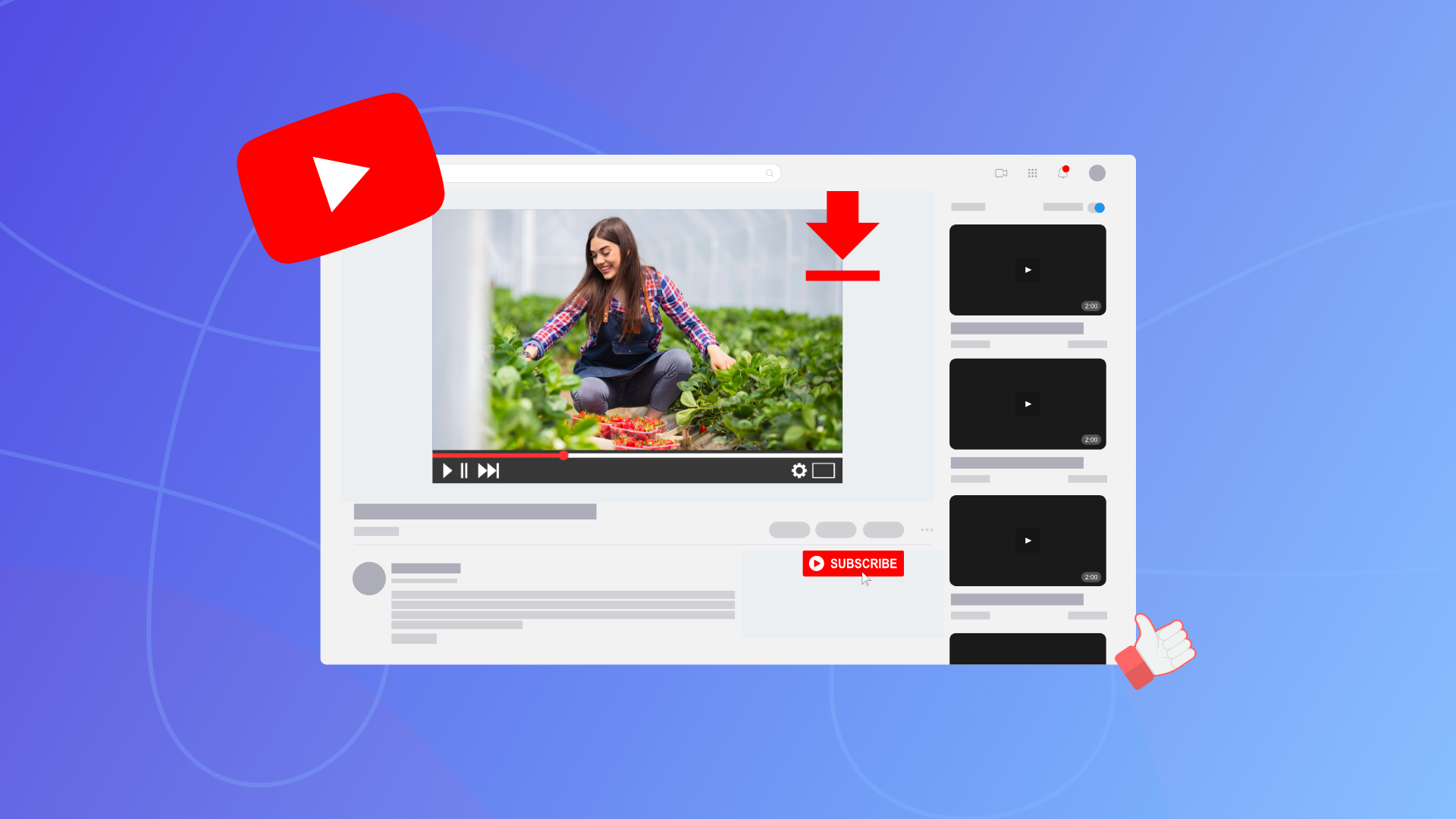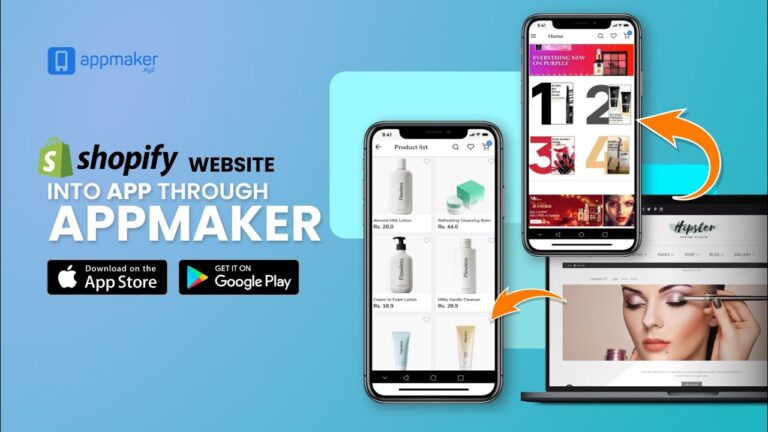Are you looking to host an event that leaves a lasting impact on your audience? In the digital age, an event website plays a pivotal role in promoting, informing, and engaging attendees. In this comprehensive guide, we’ll walk you through the step-by-step process of creating an impressive event website that will capture your audience’s attention and make your event a resounding success.
Table of Contents
- Introduction
- Setting the Stage for Your Event Website
- Defining Your Event’s Purpose and Goals
- Identifying Your Target Audience
- Selecting the Perfect Domain Name
- Designing Your Event Website for Maximum Appeal
- Choosing a Responsive and User-Friendly Design
- Incorporating Engaging Visuals and Multimedia
- Crafting Compelling Content
- Writing an Intriguing Event Description
- Providing Detailed Schedule and Agenda Information
- Implementing Seamless Registration and Ticketing
- Choosing the Right Registration Platform
- Creating an Easy-to-Use Ticketing System
- Utilizing SEO Strategies for Better Visibility
- Keyword Research for Event-Specific SEO
- Optimizing Meta Descriptions and Headers
- Integrating Social Media for Promotion
- Creating Shareable Content
- Utilizing Hashtags and User-Generated Content
- Ensuring Mobile-Friendliness and Responsiveness
- Importance of Mobile Optimization
- Testing Across Various Devices and Browsers
- Showcasing Speakers and Performers
- Compelling Speaker Profiles
- Highlighting Performer Information
- Incorporating Interactive Elements
- Adding Polls, Quizzes, and Surveys
- Facilitating Audience Engagement
- Testimonials and Past Event Highlights
- Sharing Participant Experiences
- Showcasing Media from Previous Events
- Countdown and Reminder Features
- Building Anticipation with Countdown Timers
- Sending Automated Event Reminders
- Contact Information and FAQs
- Providing Clear Contact Details
- Addressing Common Attendee Queries
- Conclusion
Are you ready to make your event an unforgettable experience for your attendees? Let’s dive into the key aspects of creating an exceptional event website.
Introduction
In today’s fast-paced world, an event website serves as the digital front door to your event. It’s the first impression that potential attendees will have, so it’s crucial to make it captivating and informative.
Setting the Stage for Your Event Website
Defining Your Event’s Purpose and Goals
Before you start building your website, clearly define the purpose and goals of your event. Is it a conference, a workshop, a product launch, or a charity fundraiser? Understanding your event’s objectives will help shape your website’s content and design.
Identifying Your Target Audience
Knowing your target audience is essential for tailoring your event website’s messaging. Who are you trying to attract? What are their interests and pain points? Catering to their needs will enhance their engagement and increase the chances of them attending.
Selecting the Perfect Domain Name
Your domain name is the online address of your event. Choose a name that reflects the event’s theme or purpose and is easy to remember. A memorable domain name can make it simpler for attendees to find your website and share it with others.
Designing Your Event Website for Maximum Appeal
Choosing a Responsive and User-Friendly Design
A responsive design ensures that your website looks and functions seamlessly across all devices. User-friendliness is key, so organize information logically and make navigation intuitive.
Incorporating Engaging Visuals and Multimedia
Visuals speak louder than words. Use high-quality images and videos that convey the essence of your event. Videos of past events, behind-the-scenes glimpses, and teaser trailers can all add excitement.
Crafting Compelling Content
Writing an Intriguing Event Description
Your event description should be concise yet compelling. Clearly communicate the event’s value proposition, what attendees can expect, and why they should attend.
Providing Detailed Schedule and Agenda Information
Give attendees a clear overview of the event schedule. Include information about keynote speakers, breakout sessions, entertainment, and networking opportunities.
Implementing Seamless Registration and Ticketing
Choosing the Right Registration Platform
Select a user-friendly registration platform that streamlines the sign-up process. Ensure it collects all necessary attendee information and integrates with your ticketing system.
Creating an Easy-to-Use Ticketing System
Make purchasing tickets hassle-free. Offer various ticket types (early bird, VIP, general admission) and provide secure payment options.
Utilizing SEO Strategies for Better Visibility
Keyword Research for Event-Specific SEO
Identify relevant keywords that potential attendees might search for. Incorporate these keywords naturally into your website’s content to improve its search engine visibility.
Optimizing Meta Descriptions and Headers
Meta descriptions and headers provide a snapshot of your event. Craft them carefully to entice clicks from search engine results pages.
Integrating Social Media for Promotion
Creating Shareable Content
Produce content that attendees can easily share on social media. This can include teaser graphics, countdown posts, and speaker highlights.
Utilizing Hashtags and User-Generated Content
Create a unique event hashtag and encourage attendees to use it. Also, feature user-generated content on your website, showcasing the excitement around your event.
Ensuring Mobile-Friendliness and Responsiveness
Importance of Mobile Optimization
Many users access websites via mobile devices. Ensure your event website looks and functions well on smartphones and tablets.
Testing Across Various Devices and Browsers
Test your website’s performance across different devices and browsers to ensure a consistent user experience.
Showcasing Speakers and Performers
Compelling Speaker Profiles
Highlight your event’s speakers with detailed profiles. Include their accomplishments, expertise, and what attendees can learn from them.
Highlighting Performer Information
If your event includes performances, provide information about the performers. Engage attendees by sharing their background and what makes their act special.
Incorporating Interactive Elements
Adding Polls, Quizzes, and Surveys
Interactive elements keep visitors engaged. Polls, quizzes, and surveys can provide insights into attendees’ preferences and expectations.
Facilitating Audience Engagement
Encourage attendees to interact with your website. Allow them to ask questions, leave comments, and participate in discussions related to the event.
Testimonials and Past Event Highlights
Sharing Participant Experiences
Display testimonials from past attendees, sharing their positive experiences. This builds credibility and fosters trust among potential attendees.
Showcasing Media from Previous Events
If you’ve hosted similar events in the past, showcase photos, videos, and press coverage. This illustrates the caliber of your events and what attendees can look forward to.
Countdown and Reminder Features
Building Anticipation with Countdown Timers
Add a countdown timer to create a sense of excitement and urgency. This can encourage more registrations as the event date approaches.
Sending Automated Event Reminders
Set up automated reminders for registered attendees. Remind them about the event date, time, location, and any special instructions.
Contact Information and FAQs
Providing Clear Contact Details
Make it easy for attendees to reach out if they have questions or concerns. Display contact information prominently on your website.
Addressing Common Attendee Queries
Create a comprehensive FAQ section that addresses common questions. This saves attendees time and provides them with the information they need.
Conclusion
By following these guidelines, you’ll be well on your way to creating an exceptional event website that impresses attendees, generates excitement, and maximizes the success of your event.




